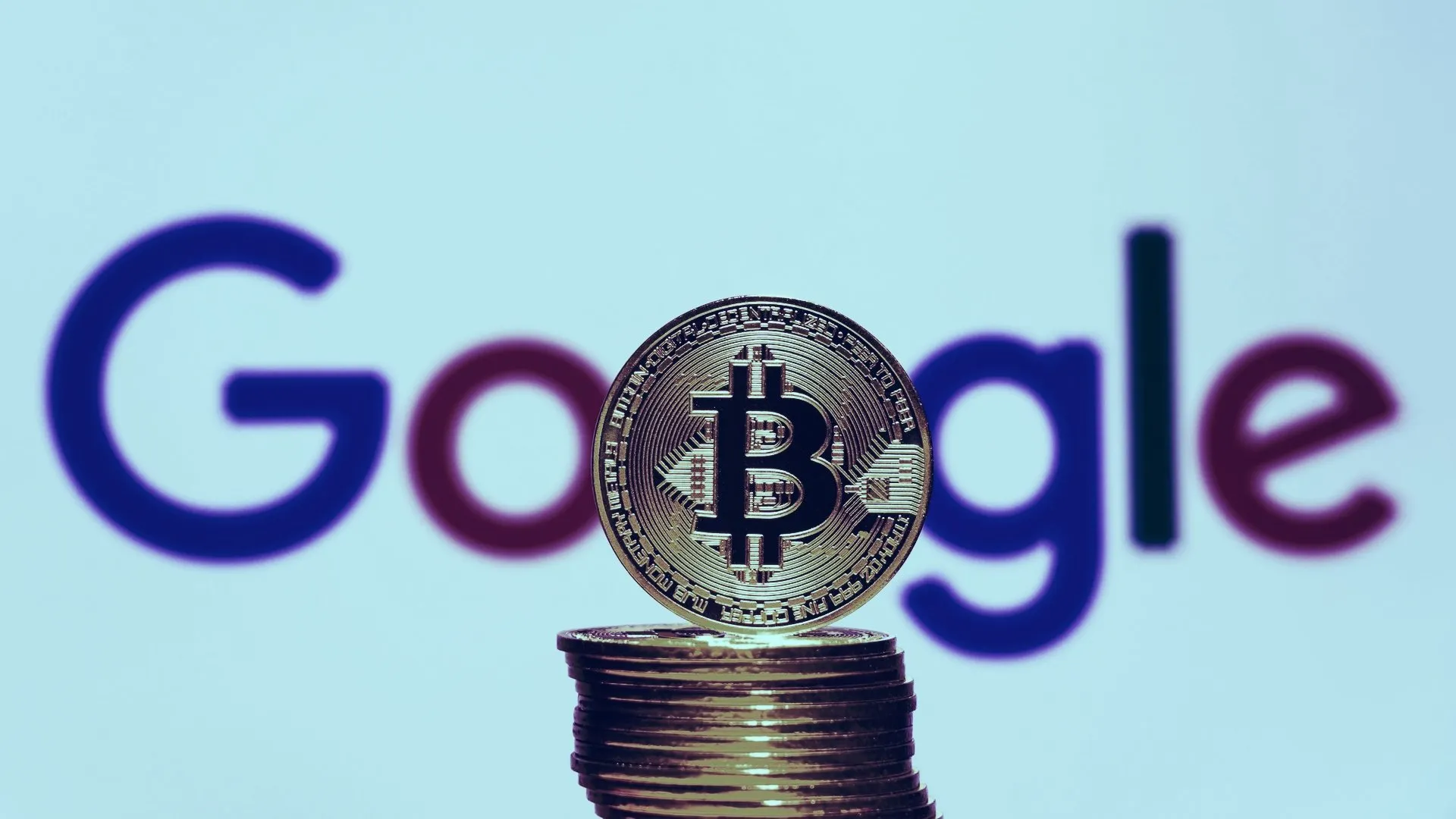In brief
- Google plans to update its advertising policy for crypto-related services.
- US crypto exchanges and wallets will need to meet stricter criteria for certification.
In an update to its advertising policy for Bitcoin and other crypto-related products and services, Google is clarifying the existing certification process for exchanges and wallets.
Google and Facebook have dominated the online ad market for the better part of the last decade—both sites banned crypto ads in 2018, though some of those restrictions have since been lifted. Businesses can put ads for crypto exchanges on Google in the US and Japan as long as “the products and ads comply with local laws and industry standards, and the account is certified by Google.”
Now, the tech giant has elaborated those criteria for certification. To get an ad for a crypto exchange or wallet on Google, a company needs to be registered with FinCEN as a Money Service Business and with at least one state as a money transmitter, or be registered solely with a “federal or state chartered bank entity.”
Businesses will also need to “comply with relevant legal requirements, including any local legal requirements, whether at a state or federal level,” and “ensure their ads and landing pages comply with all Google Ads policies.”
Google is also explicitly banning all ads for DeFi protocols and ICOs, as well as DeFi-related services like crypto loans, token liquidity pools, “unregulated DApps,” and unhosted wallets, which are wallets that ask users to hold their own private keys. (Metamask and Rainbow are popular services for unhosted wallets; Coinbase’s built-in wallet, which stores your money for trades, is considered “hosted”.)
DeFi is shorthand for “decentralized finance”—an umbrella term for certain kinds of non-custodial crypto services (they tend to be extremely risky investments).
Crypto exchanges certified with Google under the current rules will have to re-apply for certification in July; the new rules will go into effect on August 3.

